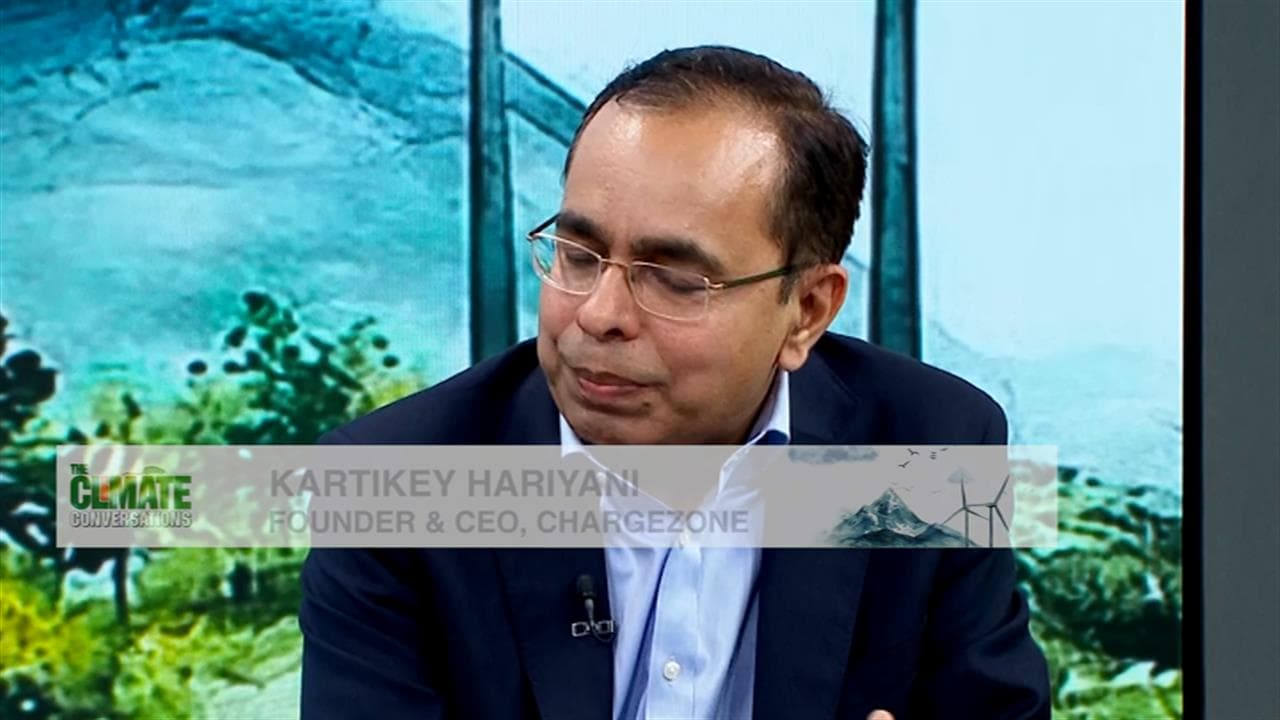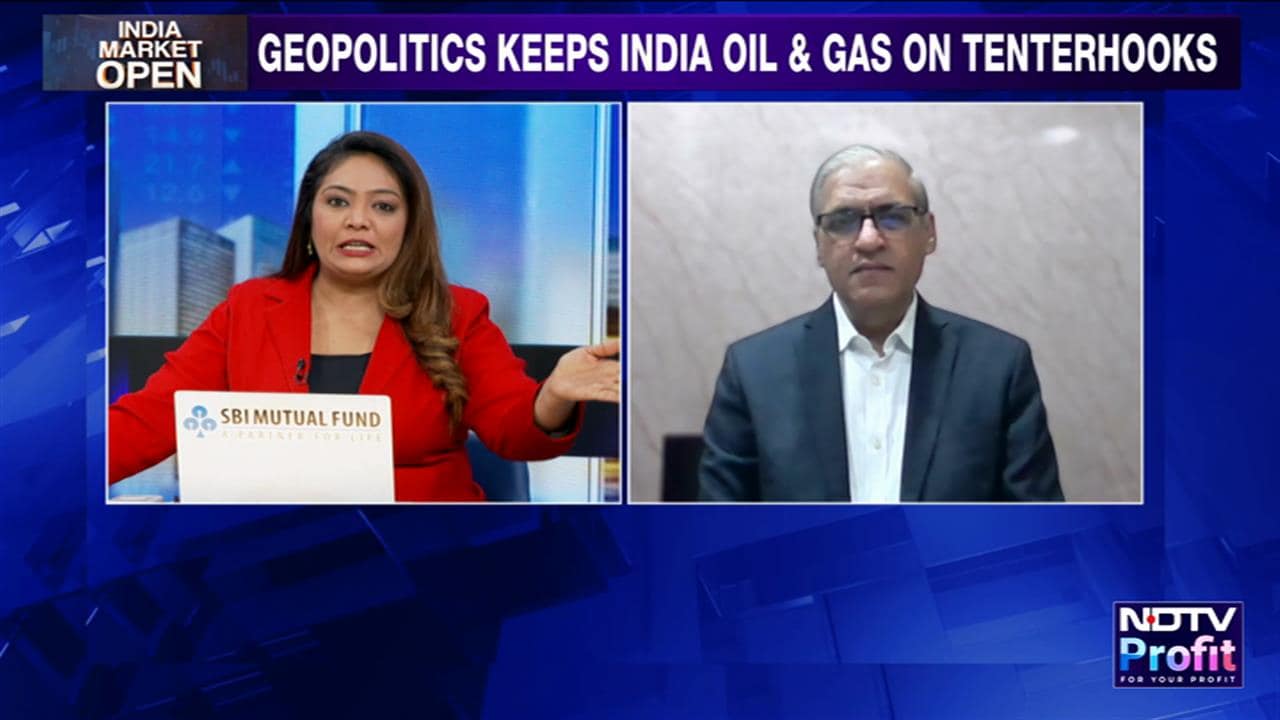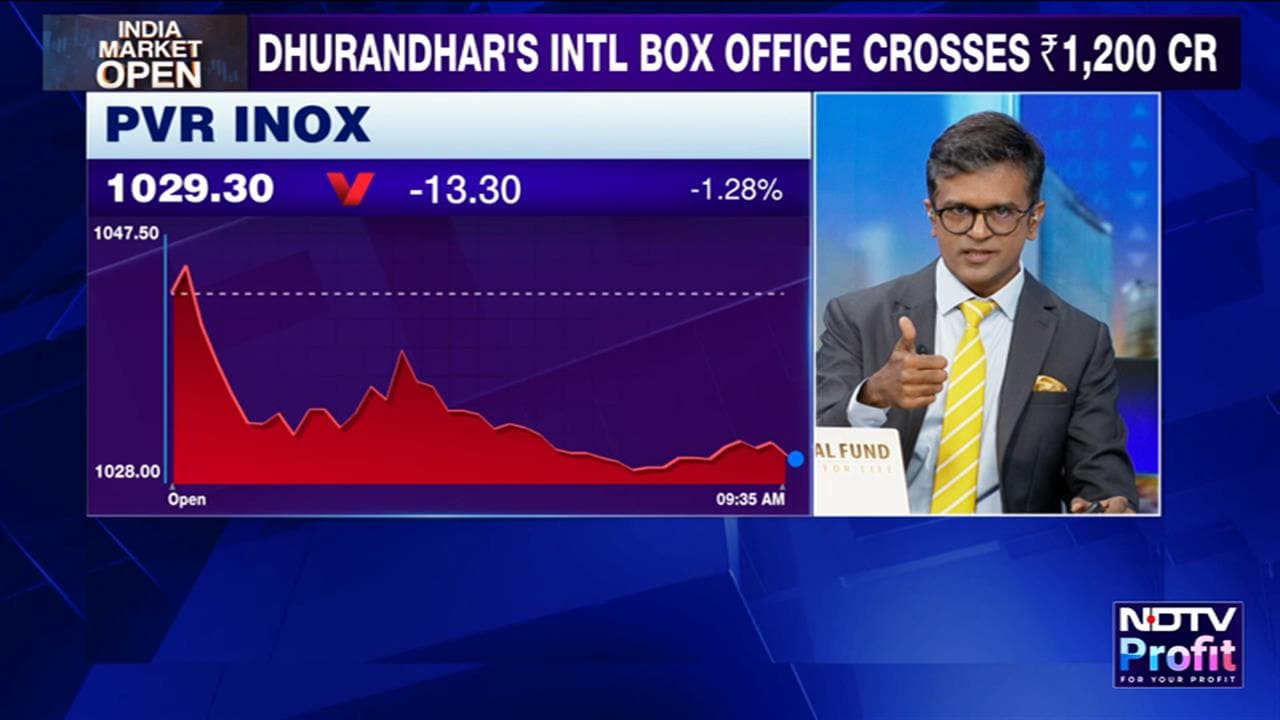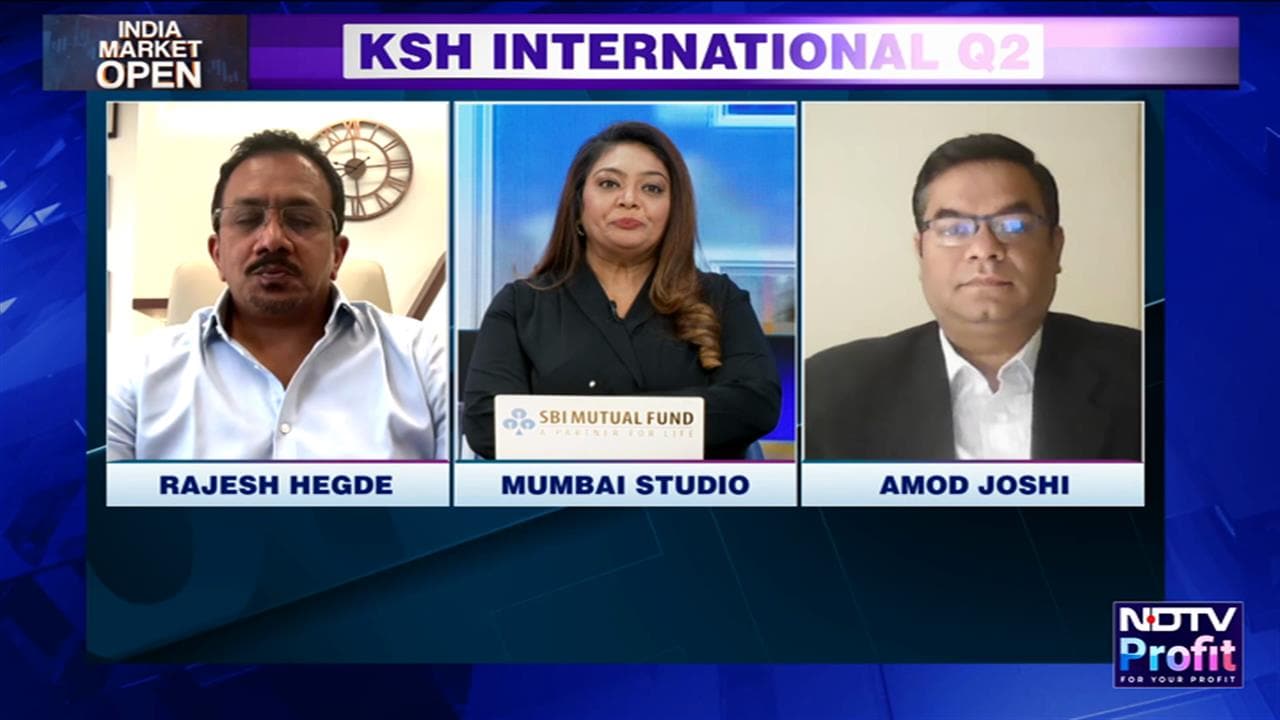
On July 30, 2025, the US Office of Foreign Assets Control imposed sanctions on six Indian companies for their involvement in trade with Iranian and Russian-backed oil entities. This latest round of sanctions represents another escalation in the United States' efforts to enforce its secondary sanctions regime and continues to have far-reaching implications for international trade, energy markets, and diplomatic relations.
The sanctioned Indian companies were reportedly engaged in facilitating oil trade with entities linked to Iran's petroleum sector. Russian oil companies have been subject to US sanctions since the invasion of Ukraine.
These designations come as part of the US administration's continued efforts to restrict revenue flows to both Iran and Russia, targeting what officials describe as "shadow fleet" operations and "intermediary companies" that help circumvent existing sanctions. This action demonstrates the US Treasury's continuing commitment to pursuing third-country entities and individuals carrying out such transactions, regardless of their nationality or location.
Legal Framework, Enforcement Of OFAC Sanctions
OFAC's authority to sanction foreign entities stems from various executive orders and congressional legislation, including the Iran Sanctions Act and sanctions related to Russia's actions in Ukraine and the far-reaching impact of secondary sanctions. Under US law, any entity that engages in significant transactions with sanctioned persons can itself become subject to secondary sanctions, effectively cutting them off from the US financial system.
The designation of these Indian companies means that all property and interests in property of these entities within US jurisdiction are blocked and US citizens/entities are prohibited from dealing with them. More critically, foreign financial institutions that knowingly facilitate significant transactions for these designated entities risk losing access to the US financial system.
Economic, Market Impact
For the sanctioned companies, the immediate impact will be severe. Loss of access to US dollar-denominated transactions and the international banking system will significantly hamper their operations. These companies may need to restructure their business models, potentially shifting to alternative payment systems or currencies such as the Chinese yuan or Indian rupee. Considering adopting delisting proceedings before OFAC is another option to consider based on legal advice and assistance.
The broader Indian energy sector may also face increased compliance costs and due diligence requirements. Companies will need to enhance their sanctions screening procedures and become cautious about conducting business with such sanctioned entities and/or individuals as well as Iranian or Russian entities, even where such transactions might be technically permissible under Indian law.
Implications For Indian Businesses, Global Energy Trade Dynamics
These sanctions create a delicate diplomatic challenge for the India-US strategic partnership. India has historically maintained a policy of strategic autonomy, particularly regarding energy imports, and has continued to purchase Russian oil at discounted prices following the Ukraine conflict. The country has argued that its energy security needs must be balanced against geopolitical considerations.
The targeting of Indian companies may strain bilateral relations at a time when the US views India as a crucial partner in countering China's influence in the Indo-Pacific region.
These sanctions highlight the ongoing challenges in global energy markets, where geopolitical considerations increasingly conflict with commercial interests. The action may also accelerate the development of alternative financial and trading systems outside the US-dominated global financial architecture. Countries like India, China, and Russia have been exploring mechanisms to conduct trade in local currencies and through alternative payment systems, reducing their dependence on the US dollar.
Path Ahead For Indian Businesses
The July 30, 2025 OFAC sanctions represent a continuation of the US strategy of maximum pressure on Iran and Russia through economic means. They are increasingly bringing Indian and other entities and individuals within their ambit.
The extent and reach of OFAC's secondary sanctions mean that notwithstanding the fact that such OFAC sanctions may not be recognized by the law of India (a) sanctioned entities and individuals will have to consider adopting appropriate legal remedies, including to delist themselves; and (b) the practical implications may prejudice the way Indian companies and individuals can conduct business with sanctioned entities and individuals, even when done within India.
The consequential effects of such actions are yet to fully be understood and may well mean approaching Indian courts for urgent and interim relief. To that end, the existence of appropriate clauses in contracts will assume greater significance.
These global developments underscore the need for clearer international frameworks governing the extraterritorial application of sanctions and the importance of multilateral coordination in addressing global security challenges. As the global economy becomes increasingly multipolar, the traditional tools of economic statecraft may require adaptation to remain effective while preserving crucial international partnerships. However, the effectiveness of this approach depends on international cooperation and compliance, which becomes more challenging when targeting companies from strategic partners like India.
Sahil Kanuga and Sara Sundaram are partners at Cyril Amarchand Mangaldas.
Disclaimer: The views expressed here are those of the authors and do not necessarily represent the views of NDTV Profit or its editorial team.
Watch LIVE TV, Get Stock Market Updates, Top Business, IPO and Latest News on NDTV Profit.























